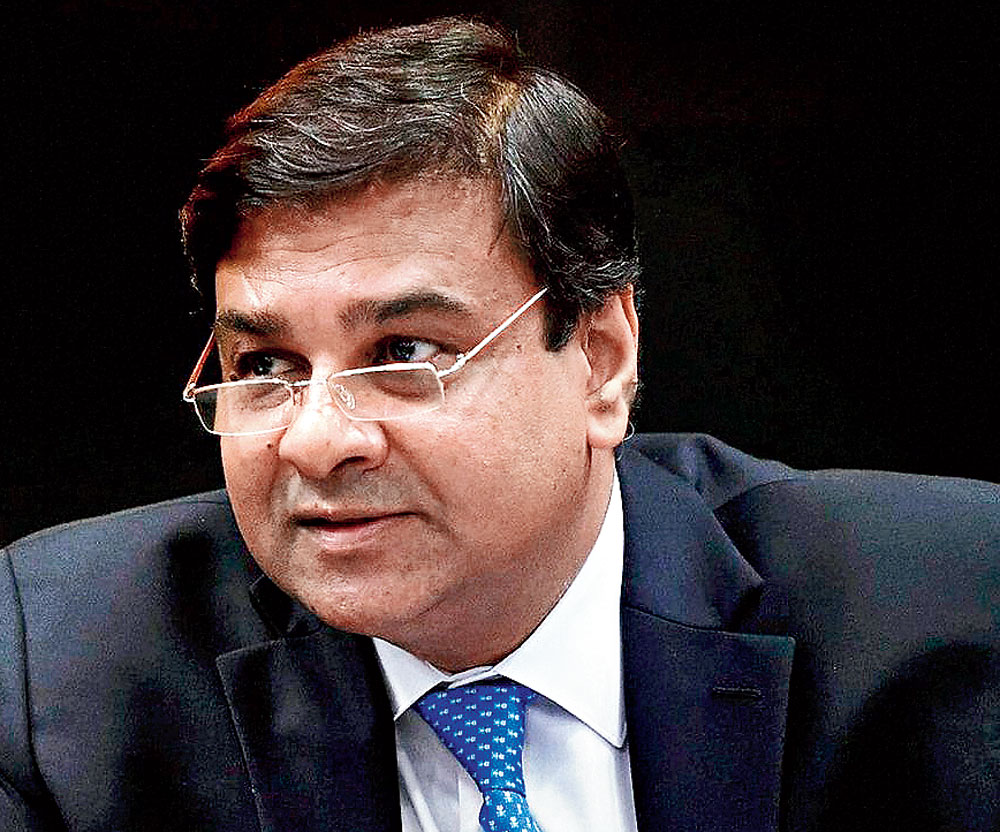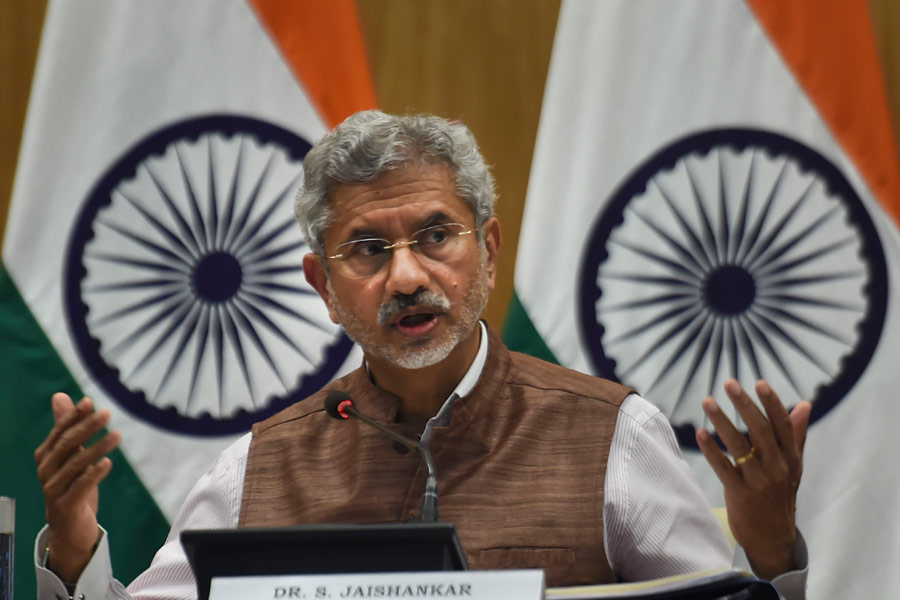Former RBI governor Urjit Patel wrote at least three letters to then finance minister Arun Jaitley in 2017 warning that allowing anyone other than the central bank to issue electoral bonds is fraught with risk and that the entire exercise could undermine the positives of demonetisation.
Between August 30 and September 27, 2017, when the finance ministry was nudging the RBI to provide a draft notification for the Electoral Bond Scheme, Patel sent at least three letters to the minister, expressing reservations on what the government had in mind.
The bond scheme was announced in Jaitley’s 2017-18 budget speech.
While the RBI’s chief general manager had advised the finance ministry against electoral bonds during the last-minute pre-budget consultations, Patel’s direct interventions in the matter began in July-end 2017 with a meeting with Jaitley, according to documents accessed by Anjali Bhardwaj of the Satark Nagrik Sangathan through the Right to Information Act.
The back-and-forth communication peters out in September-end after the ministry refused to take on board Patel’s suggestion that the electoral bonds be issued in demat (dematerialised or electronic) form and only through the RBI.
The communication reveals that once electoral bonds became a reality with the passage of the budget, the RBI reworked its position to accept that this mechanism had the potential to make political donations cleaner but with the caveat that it was necessary to ensure the “well-intended move is not subverted by unintended consequences”.
After the finance ministry rejected his suggestion on demat form on the ground that it would take away a key feature of the scheme, Patel wrote back on September 27 — this time citing the serious reservations of the committee of the central board of directors — on the issuance of electoral bonds in the form of bearer bond scrips in physical form.
Flagging demonetisation, the committee said: “The public at large endured serious physical and other kinds of inconveniences only because they saw this as a concerted effort to deal with the black money hoarders. The RBI too suffered some damage to its reputation initially but in the end it was seen as a measure to cooperate with the government in its fight against black money. The moment the proposed scheme of EBs (electoral bonds) in scrip form is operationalised, the possibility of that helping black money to be laundered will surely be highlighted in various quarters. This would expose the government and RBI to adverse public criticism and consequent loss of goodwill for both. It would be perceived that the sufferings of the public have been brought to naught by this one move.”
Stating that measures like demonetisation, fight against non-performing assets and auction of natural resources have been seen as part of a holistic set of measures to combat black money and corruption, Patel further quoted the committee as stating that the electoral bonds will not only be seen as facilitating money laundering but also enabling it.
“This could seriously undermine the credibility of the government on the important aspect of war on black money that has caught the imagination of the public at large.”
Earlier, in another letter to Jaitley dated September 14, Patel said the purpose of providing anonymity to persons making a contribution to political parties could be better achieved if the electoral bonds are issued in electronic form (demat) with the RBI as the depository rather than as a physical scrip.
“Apart from avoiding the use of EBs for money laundering, this arrangement will be more secure and will also reduce the cost as the need for printing security features is obviated. Moreover, this will be in the fitness of things given the larger objective of digitalisation that the government is pursuing. EBs issued in demat form will be akin to a central bank-floated ‘digital currency’…. At a later stage, and if so desired, such EBs can pave the way for fully transparent electoral funding, viz., Reserve Bank as the custodian would record the payer of money in the transaction who is the effective contributor to electoral funding.”
Despite Patel’s persistence, the finance ministry did not budge, contending that small donors may not be familiar and comfortable with digital processing — something the government was not particularly concerned about while pushing digital transactions countrywide for the general public.
Further, a file noting of the budget division of the department of expenditure states that “even big donors will not be comfortable with proposed digital handling since the RBI would have all details and the donors would carry fear of loss of anonymity”.
As for the RBI’s contention that it alone issue the bonds as issuance of currency is a monopoly function of a central authority, the government took the plea that the RBI does not fall in the category of a scheduled bank. This, too, had been amended in the 2017 Finance Bill against the advice of the RBI as is evident from Patel’s September 27 letter.
Eventually, only State Bank of India branches were allowed to issue the bonds. Details of the money that has come in through EBs show that the bulk of the over Rs 6,000 crore collected through this route was purchased in the high-end denominations of Rs 10 lakh and Rs 1 crore.










